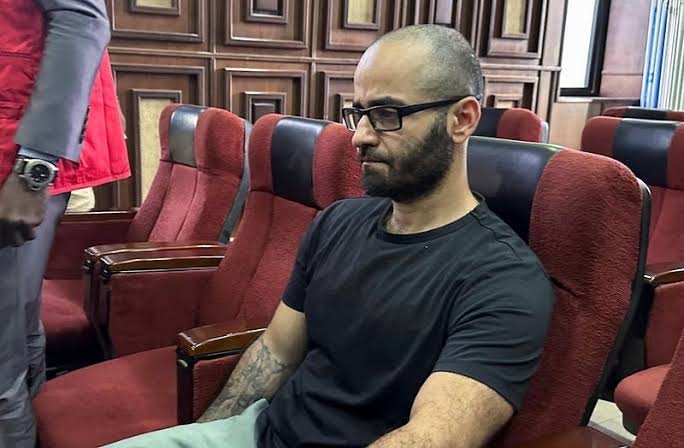Drama ensued at the Federal High Court in Abuja on Monday after Tigran Gambaryan, a detained Binance executive, filed a fresh bail application on medical grounds.
The Economic and Financial Crimes Commission (EFCC) however opposed the application, insisting that Gambaryan’s health condition was not serious enough to warrant a bail which eventually resulted in dramatic arguments among the parties concerned.
Gambaryan, who has been in custody for over six months, is one of two Binance executives charged by the Nigerian government with money laundering to the tune of $35.4 million by the EFCC.
During the resumption of the trial, Mark Mordi, Gambaryan’s counsel argued for bail, citing his client’s deteriorating health condition.
Mordi informed the court that the bail application was filed on August 28, 2024, due to Gambaryan’s worsening condition, which now requires him to move with crutches while the facility where he is detained has denied him access to a wheelchair.
“My client”‘s health has continued to deteriorate, but he is forced to move on crutches, not a wheelchair because the prion says it is bad image”, he told the Court.
However, EFCC’s lead counsel, Ekene Iheanacho, opposed the application, arguing that Gambaryan’s health issues were not as serious as claimed. Iheanacho noted that Gambaryan has lived with the condition for 12 years and is moreover receiving ample medical attention at the Kuje Prison, where he is being held.
“I saw the medical report, it’s not a serious health condition,” he said.
After hearing arguments from both sides, Justice Emeka Nwite fixed September 4 as the date to rule on the bail application.
However, drama immediately ensued after Gambaryan openly expressed frustration over the alleged denial of his fundamental rights in Nigeria.
“You are denying me my fundamental rights. No Nigerian will be treated like this in the US. My condition has gotten worse and I need to go for surgery”, he said.
In response, a prison official present in court denied the claim, stating that Gambaryan was not denied a wheelchair but that he insisted on using his own, which the facility could not allow due to security concerns.
“We can’t grant him access to his wheelchair because we don’t know what it contains,” the official explained, adding that “We can’t grant him access to his wheelchair because we don’t know what it contain.”
After a brief exchange among the parties regarding the use of a wheelchair, Justice Nwite ruled that Gambaryan could leave the court premises in his wheelchair.
Meanwhile, prison officials prevented journalists from photographing or recording Gambaryan as he exited the court in a wheelchair.






